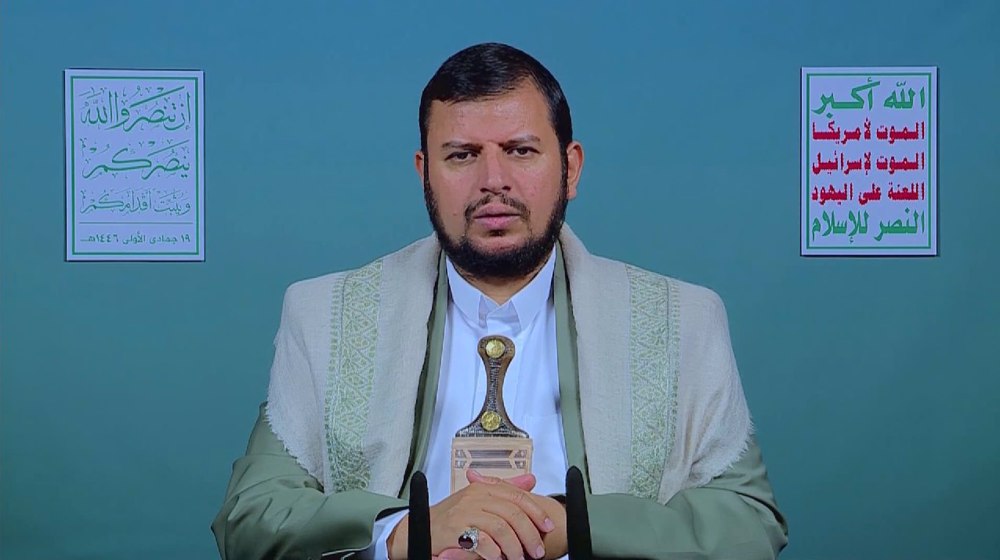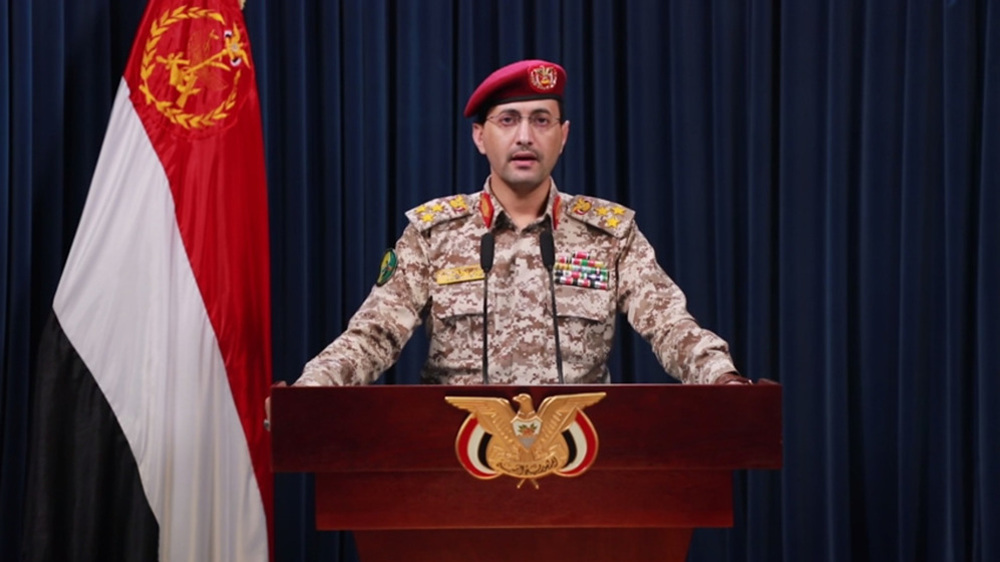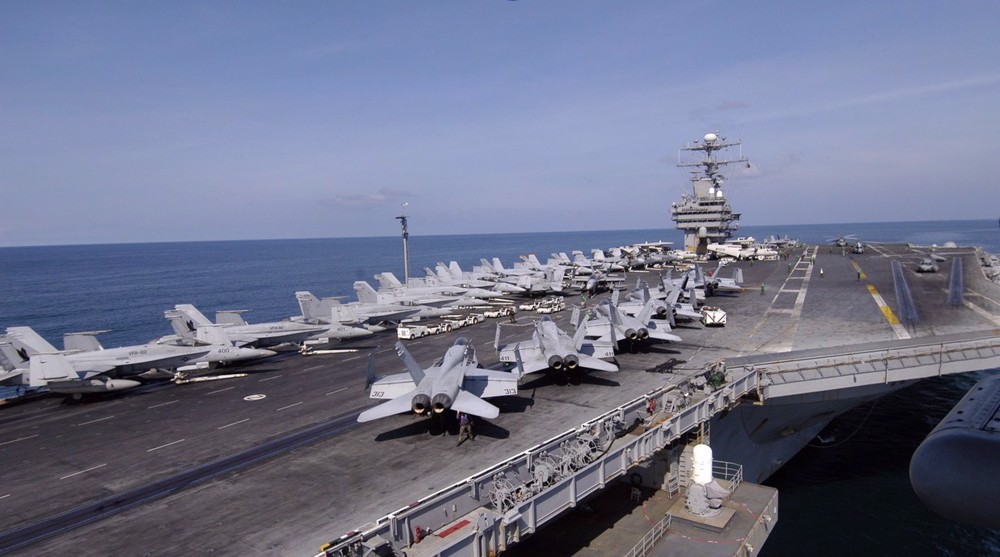UNSC calls on Yemen’s rival forces to leave Hudaydah
The United Nations Security Council has called on Yemen’s warring parties to pull their forces out of the Red Sea port city of Hudaydah and two other ports “without further delays” under a recent UN-brokered ceasefire deal.
In a statement on Monday, the 15-member UN body expressed concern over alleged violations of the Hudaydah ceasefire agreement, which was reached last December in Rimbo, a town near the Swedish capital Stockholm, between Yemen’s Houthi Ansarullah movement and the former Saudi-backed regime.
“The members of the Security Council called on the parties to seize this opportunity to move towards sustainable peace by exercising restraint, de-escalating tensions, honoring their commitment to the Stockholm Agreement and moving forward with swift implementation,” the council said.
The council further asked the UN’s Yemen envoy Martin Griffiths “to continue to keep them closely informed of developments so that they may consider further action as necessary in support of a political settlement.”
The Houthi movement and forces loyal to the Riyadh-backed regime of ex-president Abd Rabbuh Mansur Hadi have, over the past weeks, traded accusations of truce violations in Hudaydah, a lifeline for millions of Yemenis.
The two sides missed a January 7 target to withdraw their forces from Hudaydah as they disagree on who should control the city and ports.
Read more:
Meanwhile, UN spokesman Stephane Dujarric said representatives from both parties met for a second day on a ship in the Red Sea on Monday and “reiterated their commitment to implementing the Hudaydah aspects of the Stockholm agreement.”
‘Jordan to host fresh UN-mediated talks’
Additionally, Jordan is preparing to host a new round of talks between Yemen’s warring sides under the auspices of the United Nations.
The UN said in a statement that the Ansarullah movement and the Saudi-backed delegation will hold negotiations over prisoner swap on Tuesday.
The two warring sides have already agreed to exchange 16,000 detainees and submitted lists of prisoners’ names to UN mediators. The details are yet to be worked out.
The prisoner swap deal was signed as a confidence-building measure ahead of the Sweden peace talks.
The UN added that the two sides will meet again in the Jordanian capital, Amman, on Wednesday for “technical” talks to “finalize the list of prisoners.”
This is a bombshell from CNN: Saudi Arabia and the UAE have given US military equipment, including armored vehicles, to Al Qaeda-linked militias to buy their loyalty in the Yemen war https://t.co/gAamzlCiEd
— Evan Hill (@evanchill) February 5, 2019
Griffiths and Peter Maurer, the president of the International Committee of the Red Cross (ICRC), which is overseeing the prisoner exchange process between the warring sides, “are scheduled to take part in the first day” of the talks, the UN statement said, without specifying how many days the meetings would last.
‘Swap deal hangs in balance’
The ICRC’s director of operations Dominik Stillhart said the agreement on the prisoner exchange was “hanging in the balance,” with trust among the parties “insufficient.”
Stillhart said that each party had presented a list of up to 8,000 detainees to be released, but that many names could not be accounted for, and hence the prisoner exchange would realistically involve a significantly lower number.
“There is a lot of disappointment on both sides,” said Stillhart. “What we now see on both sides (is that) they don’t have them all because a lot of them, they probably died during the conflict.”
“The whole discussion now is who will finally be on the lists,” he said.
Stillhart also noted that distrust was running high between the two warring sides.
“There are expectations that some people on both sides should appear on the list and if they are not, immediately the question is: are you hiding them?” he said.
Saudi Arabia and the United Arab Emirates launched the Hudaydah offensive in June 2018, but faced strong resistance from Yemeni armed forces — led by the Houthis — as well as the city’s residents.
That offensive was part of a broader Saudi-led military campaign, which has been underway against Yemen since March 2015.
The war has, however, failed to achieve the goal of reinstating the ex-Hadi regime, thus pushing the Saudi-backed side into peace talks with the Houthi movement, which has been both running state affairs and leading the armed forces in defending the country against the Riyadh-led aggression.
VIDEO | Iran's president urges Pope to help end Israel's onslaught in Gaza
Iran's senior legal official: ICC arrest warrants for Netanyahu ‘great victory'
Nov. 21: ‘Axis of Resistance’ operations against Israeli occupation
VIDEO | Israeli forces storm West Bank’s Jenin again, target civilians
Iran activates advanced centrifuges after IAEA's 'unjust' resolution
VIDEO | Press TV's news headlines
Iran FM: Response to Israeli aggression 'inevitable'
VIDEO | Iran eases the rules for exporting hand-woven carpets












 This makes it easy to access the Press TV website
This makes it easy to access the Press TV website